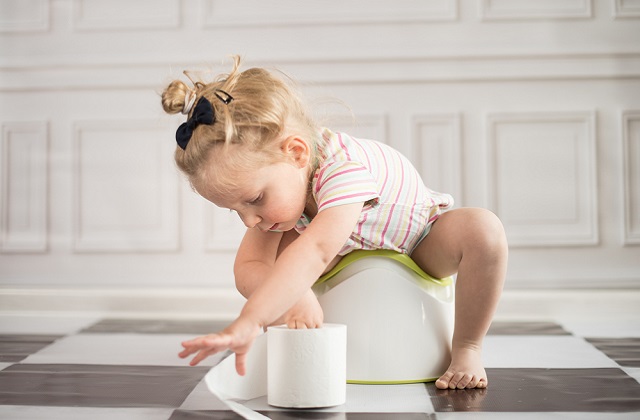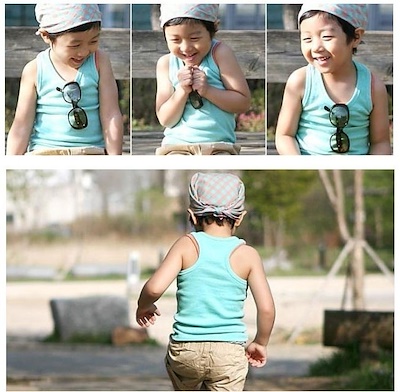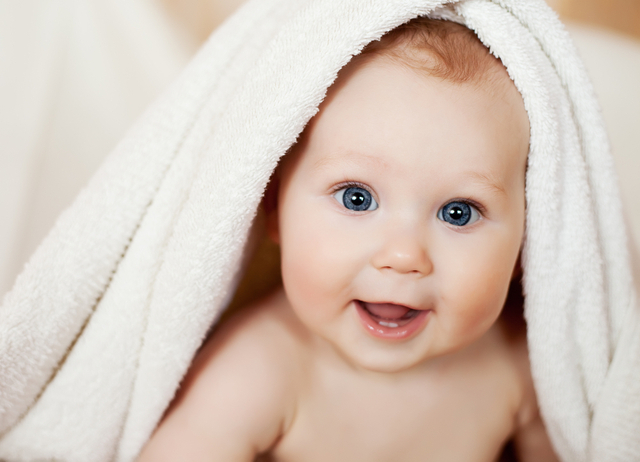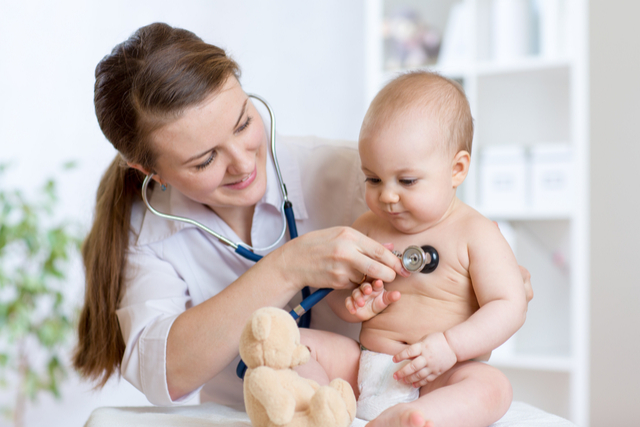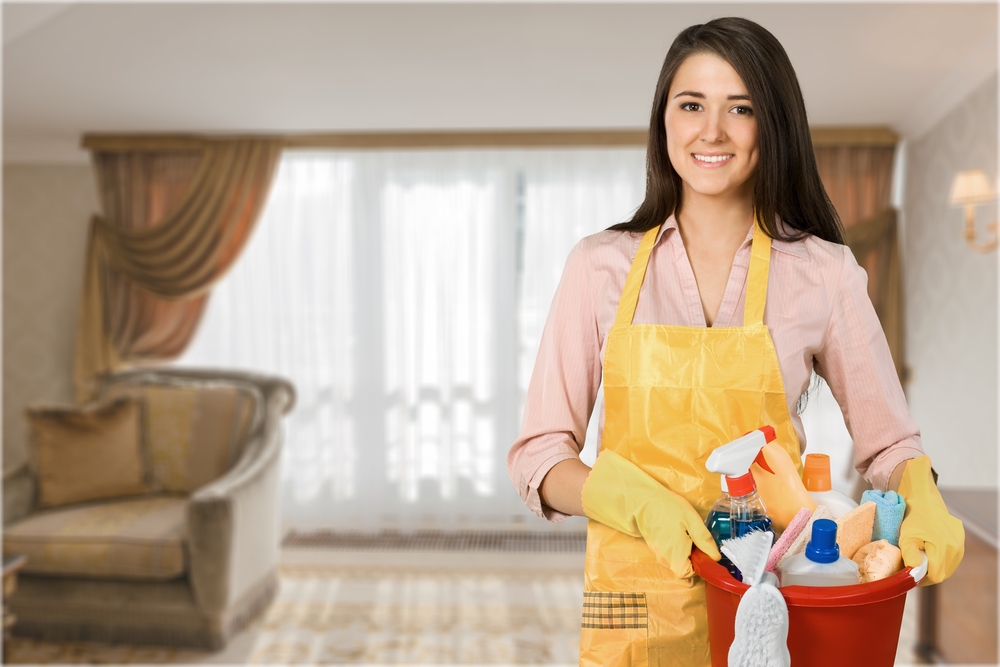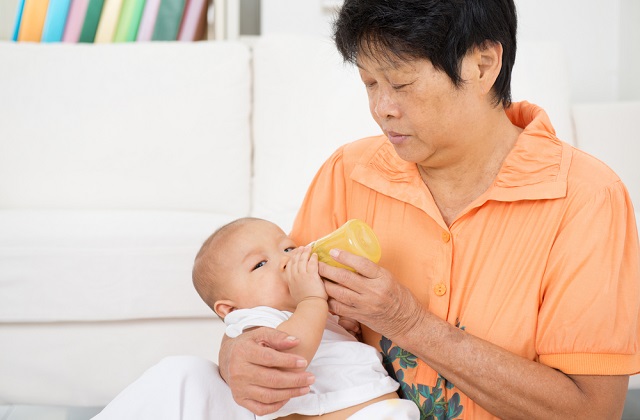Frequent Urination In Children: Causes And Treatments
Frequent urination refers to a condition in which children need to urinate more than the normal number of times. It is normal for children to urinate more often than adults as they have smaller bladders which process fluids faster. However, if your child needs to urinate about 20 to 40 times a day, this is abnormal.
Urinary incontinence is a condition defined by a sudden and uncontrollable urge to urinate. The child may not want to urinate at a moment, but feel the urgent need to a few minutes later. Overactive bladder (OAB), a type of urinary incontinence in children, is different from bed-wetting which is common.
The causes of frequent urination and incontinence are complicated and thus, it is recommended that parents bring their children with frequent urination or incontinence to visit the pediatrician.
Causes of Frequent Urination or Incontinence:
1. Voiding dysfunction
Voiding dysfunction means that the child is not able to completely empty his or her bladder. During the normal voiding phase, the external urethral sphincter muscle should completely relax as the bladder empties itself. With voiding dysfunction, children do not take their time to empty their bladder. This may be that sometimes, they are too excited to resume play.
If they are still unable to empty their bladder fully even after prompting, you should bring them to the doctor to diagnose the cause.
2. Diabetes
Children with diabetes will urinate large amounts each time and are also likely to be drinking a lot of water. They often lose weight as well.
3. Urinary tract infections (UTIs)
Urinary tract infection is another common cause, but this is usually accompanied by the urgency to urinate quickly and pain. Children, especially girls, are prone to UTIs as they have not learned how to squat properly in public toilets.
4. Inflammation around genitals
Inflammation around the vaginal area in girls, known as vulvovaginitis, is also another possible cause of frequent urination. This might be caused by not wiping the area properly or taking frequent bubble baths. For boys, the inflammation of the meatus or the opening of the penis may cause frequent urination.
5. Stress or unhappiness that arises from people around the child
Often, frequent urination is caused by the emotional stress that the child is experiencing. Punishment, criticism, change of environment that causes a change in your child's daily routine, such as the departure of a family member or moving to a new city can cause frequent urination or incontinence.
6. Drinking beverages which contain caffeine or fizzy drinks
Caffeine can stimulate the bladder and thus causes frequent urination.
7. Nerve damage or malfunction
Nerve malfunction may cause the child to not recognise that his or her bladder is full. Abnormalities in the nervous system can upset the neurological balance that controls urination.
8. Constipation
If the child suffers from constipation, the accumulated feces will be hard and presses against the bladder.
9. Urinary incontinence from Overactive bladder (OAB)
Overactive bladder is a type of urinary incontinence, defined by a sudden and uncontrollable urge to urinate. The child may not want to urinate in a moment, but feel the urgent need to a few minutes later. OAB is different from bed-wetting which is common in children.
10. Long foreskin
Some boys may have a long foreskin, this foreskin may trap some urine alkaline which can stimulate frequent urination.
11. Pollakiuria
Pollakiuria, also called frequent daytime urination syndrome, is a common cause of frequent urination in children. No trigger is identified for this condition and it is normally self-limiting and harmless.
- Characteristics of Pollakiuria
1. This is common mostly among children between four and six years of age.
2. Children with this syndrome urinate in small amounts of urine about 10 times to 40 times each day. Usually, the child urinates 3- 4 times per hour, often up to 40 times per day.
3. The child does not drink excessive amounts of fluids.
4. The child does not experience pain when urinating.
5. There is no incontinence.
6. They might also wake up at night to urinate but not to the extent of daytime frequency.
7. Stress is possibly related to pollakiuria but it often goes away by itself in six weeks to six months without any treatment.
8. No change in bowel movements
Parents should bring their children to the doctor to diagnose the cause of frequent urination to check if it is pollakiuria.
Treatment of Frequent Urination or Incontinence:
1. Prevent voiding dysfunction by retraining the bladder
It is important to teach them to empty their bladder fully whenever they go to the toilet so that you can also set a schedule for them to go to the toilet every two to three hours. Set a urination schedule, such as going to the bathroom every two hours, for the children and tell them to urinate whether or not they have the urge to do so.
2. Double voiding
Parents can also try double voiding, which means the children can try urinating again after the first time to make sure that the bladder is fully emptied. Sometimes, they just want to get it over and done with and thus, the bladder may not be emptied fully at the first time.
3. Medications for incontinence from OAB
Medications can help children to relax their bladder, and children with the condition may take oxybutynin. However, these medications have side effects and thus, it is important to discuss with your doctor.
4. Avoid foods with caffeine
At home, parents can avoid giving their child drinks or foods with caffeine. Caffeine can stimulate the bladder. You can also serve foods and drink which are bladder-friendly, such as pumpkin seeds, strawberry juice, diluted fruit juice and water.
5. Prevent urinary tract infection and inflammation around genitals
Make sure to wipe from the back to the front to prevent rectal bacteria from going into the urethra and bladder and using infection. Also, parents should avoid using soap or shampoo near the vaginal area for girls as the area around it is highly sensitive.
6. Prevent constipation
If the child suffers from constipation, the accumulated feces will press against the bladder, causing frequent urination. Hence, do give your child foods that are rich in fibre and also enough water throughout the day.
7. Reward the child
In some cases, incontinence can be controlled and trained. Wetting themselves is a common fear for children. Parents should tell them that all children will wet themselves and tell them that they are able to hold the urination a little longer before going to the toilet. Reward him if he is able to do it.
However, do not ask your child to hold it for a long period as it may cause infection. It should be done merely to allow him or her to learn to control it adequately.
8. Detect frequent urination that arises from diabetes early
Children which has diabetes is unable to control the output of urine from their kidneys due to an insufficient amount of anti-diuretic hormone in their bodies. Hence, if your child discharges significant amounts of diluted urine and is thirsty all the time, bring him or her to the doctor for diagnosis and treatment as early as possible. Other symptoms include high fever, poor growth by the chronological age, poor feeding and dehydration.
9. Use positive encouragement if pollakiuria (frequent daytime urination syndrome) is diagnosed
No trigger is identified for pollakiuria and it is normally self-limiting and harmless. Hence, parents can:
1. Reassure the child that he or she can wait longer to urinate without having an accident.
2. Tell the child that he or she is healthy and her or his kidneys or bladder are fine.
3. Be sensitive towards the child's feelings and do not criticise or scold the child when it happens.
4. Pay less attention to the frequent urination and the condition may go away sooner.
5. Increase the amount of fluid intake.
6. Allow the child to relax and destress. Find out the child's sources of stress. If the child is stressing himself or herself too much for school work or is experiencing peer pressure, explain to him or her that it is not important to be the best and not to be too upset or anxious over others' criticisms. Some other causes may also be the sudden absence of a parent, an accident or a new sibling.
Final Recommendation
As the causes of frequent urination and urinary incontinence are complicated, it is important to talk to the doctor if parents suspect that their child has overactive bladder (OAB), pollakiuria or other complications that cause frequent urination.
Please note that this article serves as an information and is not medical advice.
It takes a village to raise a child !
Join our WhatsApp Groups or Facebook Group to interact with parents about infant care/child care in Singapore..

